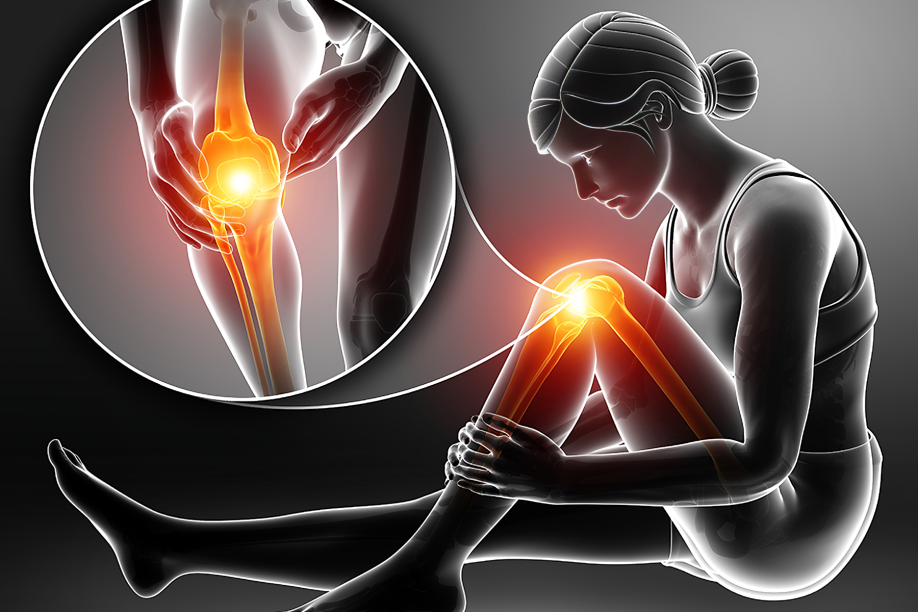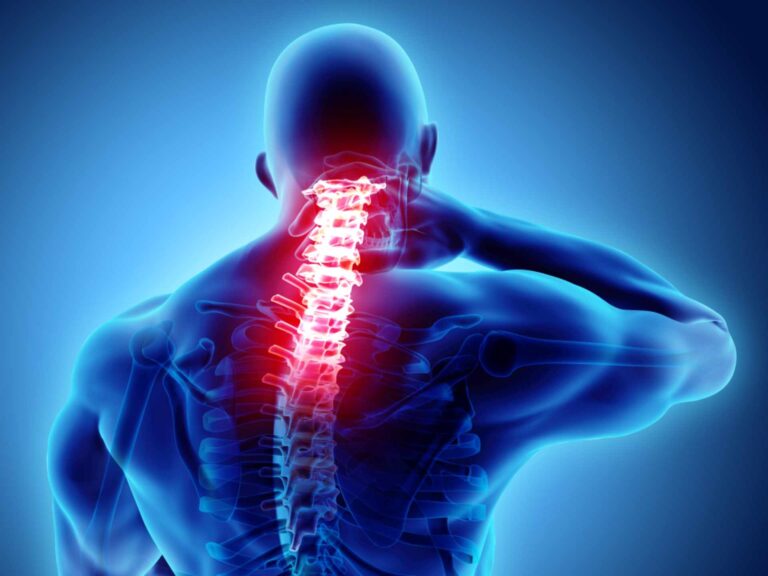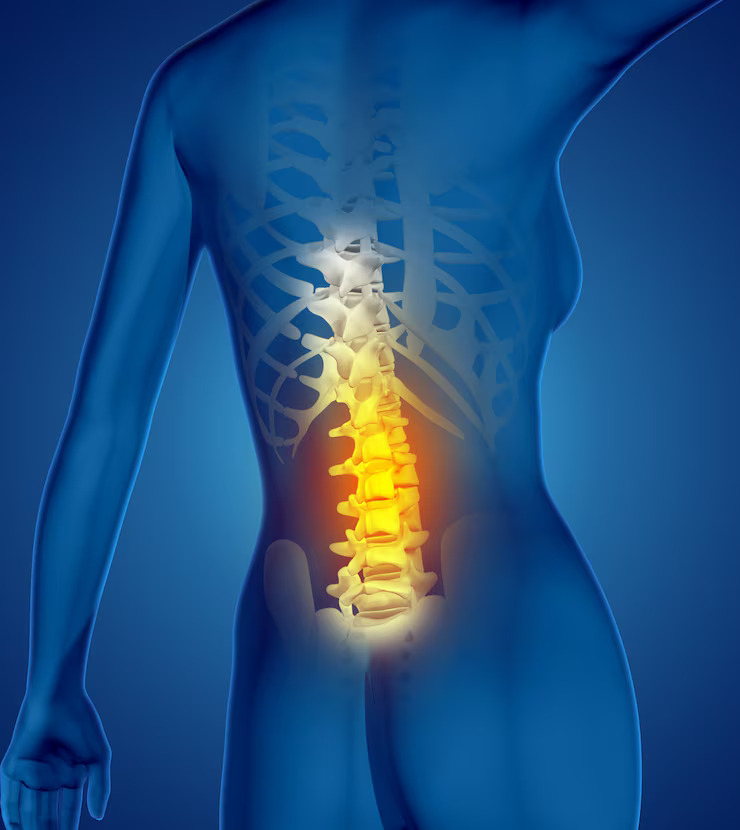Living Well with Joint Pain: Causes, Management, and Lifestyle Tips.
Joint pain is a common ailment that affects millions of people worldwide, impacting their ability to move comfortably and perform daily activities. Whether it’s caused by arthritis, injury, or other underlying conditions, understanding the factors contributing to joint pain and adopting effective management strategies is crucial for maintaining a good quality of life. In this article, we will explore the causes of joint pain, practical tips for managing discomfort, and lifestyle adjustments to promote joint health.
To Know More About It Please Click Here
Causes of Joint Pain
- Arthritis: Osteoarthritis, rheumatoid arthritis, and other forms of arthritis are major contributors to joint pain. These conditions involve inflammation and degeneration of the joint tissues.
- Injuries: Sprains, strains, and fractures can lead to joint pain. Trauma to the joint, whether from sports injuries or accidents, may result in long-term discomfort.
- Autoimmune Disorders: Conditions like lupus and psoriatic arthritis involve the immune system mistakenly attacking the joints, causing inflammation and pain.
- Overuse and Repetitive Motion: Continuous stress on a joint, often due to certain occupations or activities, can result in joint pain over time.
- Age-Related Wear and Tear: As people age, the cartilage that cushions the joints can wear down, leading to pain and stiffness.
Management and Treatment
- Medications: Over-the-counter pain relievers like acetaminophen or nonsteroidal anti-inflammatory drugs (NSAIDs) can help manage pain and inflammation. In some cases, prescription medications may be recommended.
- Physical Therapy: A tailored exercise program designed by a physical therapist can strengthen the muscles around the joints, improve flexibility, and reduce pain.
- Hot and Cold Therapy: Applying heat or cold packs to affected joints can alleviate pain and reduce inflammation.
- Weight Management: Maintaining a healthy weight is crucial, as excess weight can put additional stress on joints, particularly in the knees, hips, and spine.
- Joint Protection Techniques: Implementing proper body mechanics, using assistive devices like braces or canes, and avoiding excessive repetitive movements can protect joints from further damage.
Lifestyle Tips for Joint Health
- Regular Exercise: Low-impact activities like swimming, walking, and cycling can help maintain joint flexibility and strengthen supporting muscles.
- Balanced Diet: A nutritious diet rich in omega-3 fatty acids, antioxidants, and vitamins can support joint health. Foods like fatty fish, nuts, and colorful fruits and vegetables are beneficial.
- Adequate Hydration: Staying well-hydrated is essential for joint lubrication and overall health.
- Rest and Relaxation: Adequate rest and quality sleep are crucial for allowing joints to recover and reducing inflammation.
- Mind-Body Techniques: Practices such as yoga and meditation can help manage stress, which is known to exacerbate joint pain.
To Know More About It Please Click Here
Conclusion
Living with joint pain requires a multifaceted approach that combines medical interventions, lifestyle adjustments, and self-care practices. By understanding the causes of joint pain and adopting proactive strategies, individuals can effectively manage discomfort and enhance their overall well-being. If joint pain persists or worsens, seeking advice from a healthcare professional is essential for proper diagnosis and personalized treatment.






